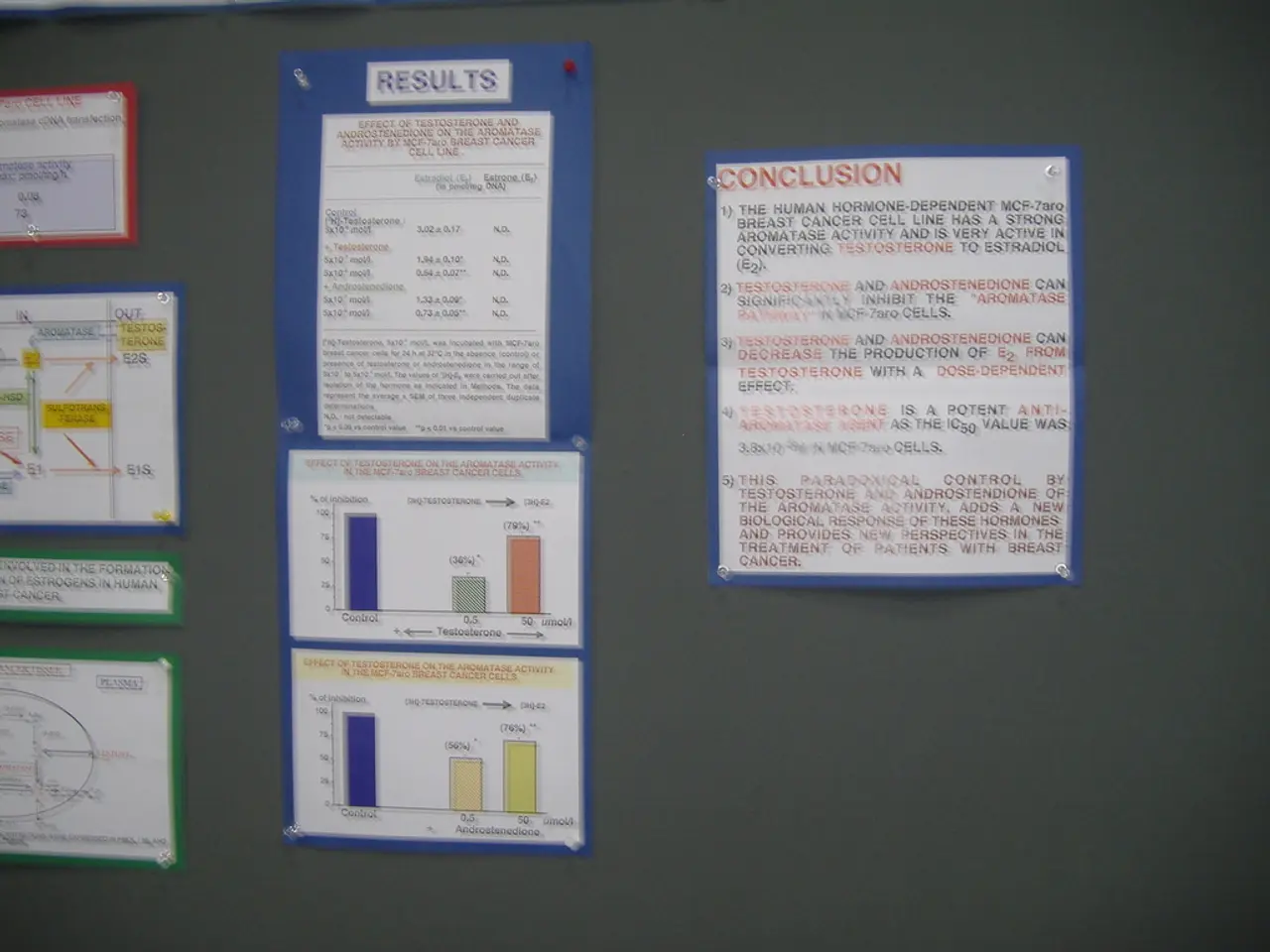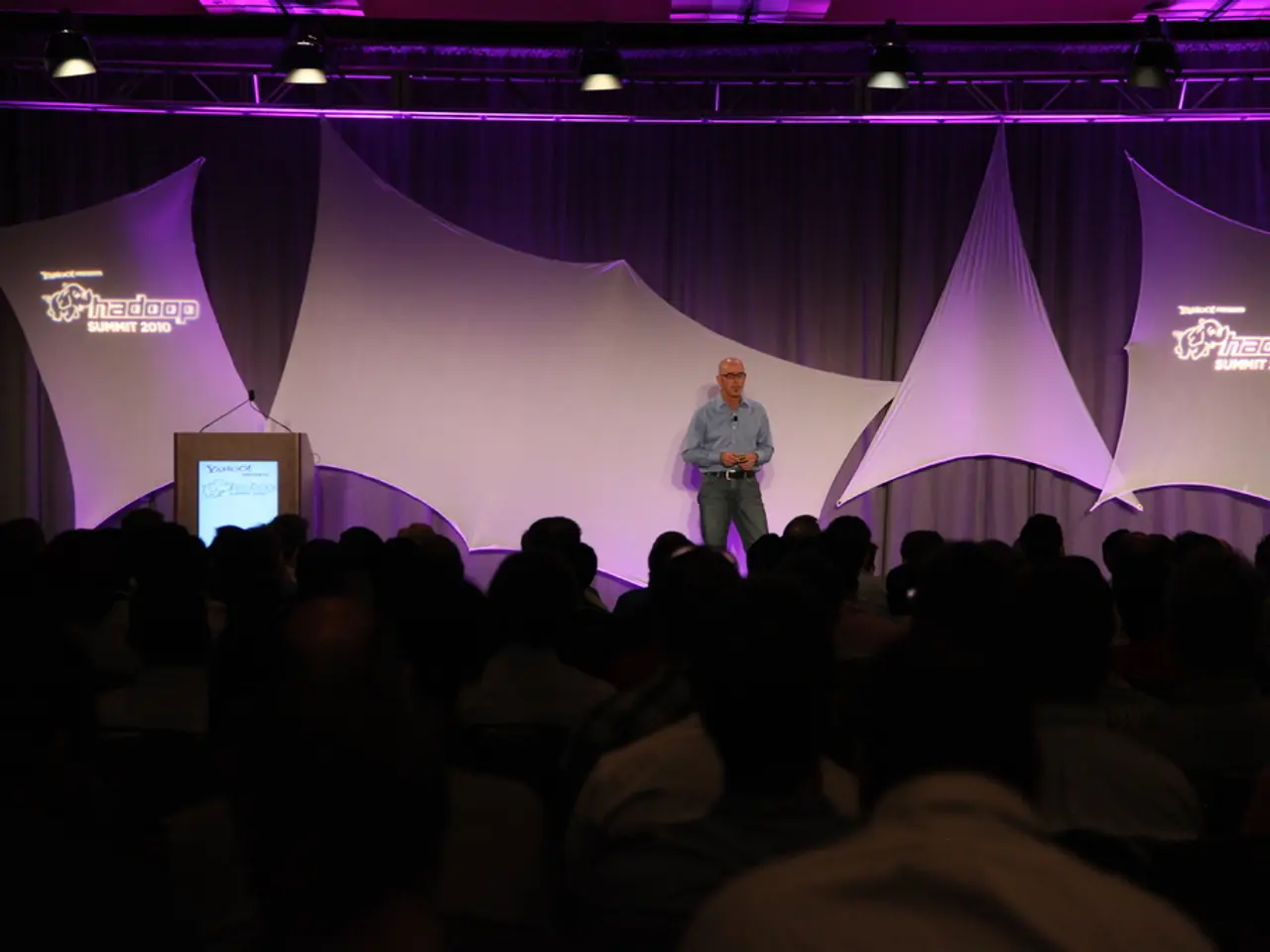Failure offers no aesthetic charm
In the heart of Europe, a philosophical stance known as "new romanticism" has been making waves in German politics, media, and culture. This movement, however, is not a reincarnation of the historical romanticism of the late 18th and early 19th centuries. Instead, it is a modern interpretation that values feelings over logic, failure over progress, and moral charge over enlightenment.
Recent cultural events in Germany, such as major art exhibitions, commemorate historical romanticism and expressionism mainly as artistic heritage rather than as a contemporary political ideology. For instance, exhibitions in Munich in 2025 focus on political and social themes related to historical periods, such as post-World War I society and fundamental democratic values explored through modern and expressionist art.
Despite its artistic influence, there is no clear evidence to suggest that this new romanticism is shaping current political discourse or media practices in Germany, influencing democracy or free speech as a distinct socio-political trend. The "Economist", a British magazine with left-liberal DNA, has warned of an erosion of freedom of speech in Germany, but it does not directly attribute this to the new romanticism.
The media in Germany are part of this movement, no longer seeing themselves as the fourth estate but as guardians of democracy and companions of morally charged politics. Criticism is increasingly viewed as an insult, and control as a betrayal by the media in this new romantic context.
The new romanticism exerts its greatest influence in public debate and political journalism. Self-doubt has become a virtue, and error culture has become an aesthetics under Habeck's leadership. Habeck, a philosopher in office, embodies this romantic shift symbolically. He has elevated political failure to an art form and explained his errors in a poetic manner.
However, the new romanticism in Germany is now exerting repressive power, not just intellectual influence. §188 of the Criminal Code, originally intended to protect representatives from defamation, is now used to systematically persecute citizens with the full force of the rule of law. Digital platforms are aiding in this persecution due to trivial internet memes.
It is crucial to note that democracy does not need heroes; it needs adults. The new government, a coalition of necessity, not of feelings, and an arranged marriage, not a love story, must navigate this complex landscape carefully. They must reform or abolish §188 StGB to ensure that freedom of speech is protected and that the rule of law is upheld.
In conclusion, while the new romanticism in Germany is a significant philosophical stance, its impact on democracy and free speech remains a topic of debate. The available data does not suggest that it is a distinct socio-political trend influencing these aspects in 2025. However, the erosion of freedom of speech is a concern that requires careful attention and thoughtful action from the new government.
- The erosion of freedom of speech in Germany is a matter of concern, and while it has been linked to various factors, the "Economist" magazine has not directly attributed it to the new romanticism movement.
- In the realm of politics and policy-and-legislation, the new romanticism movement appears to exert greater influence in public debate and political journalism, with figures like Habeck embracing the philosophy, elevating political failure into an art form and employing poetic language to explain errors.







